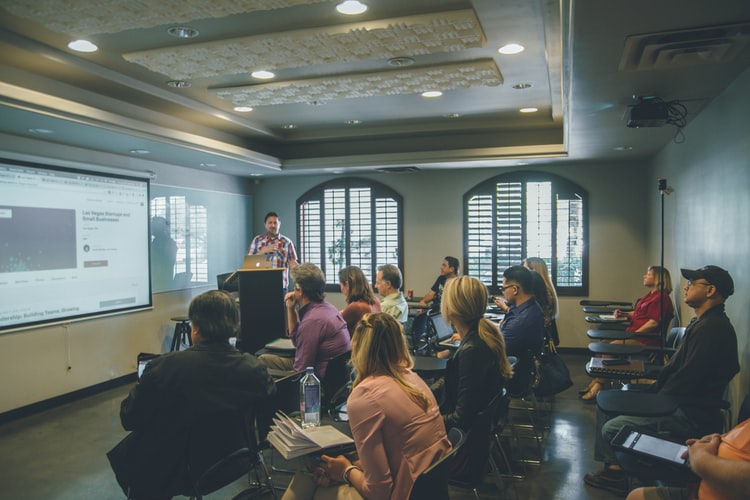Description: Lana M, private 1 to 1 science tutor demonstrates her openness in this article where she talks about how actually being a ‘disadvantaged student’ became an advantage through developing a strong hard work-ethic and perseverance. As a young carer, she has a huge heart to give from herself to others and this reflects in the way she interacts with her students; coming from a place of empathy and genuineness to serve from the heart.
When the term ‘disadvantaged students’ is mentioned, what is the first thing that comes to mind? Low income, poverty and financial stability tend to be the most common phrases, yet the term ‘disadvantaged students’ encompasses much more than just financial hardship.
It also includes students who are estranged, young careers, forced immigrants, disabled, those whose parents have not attended university or are from an ethnic minority.

Let’s start off by talking about the most obvious category: low-income students. While wealth is not a measure of success nor happiness, it can open many doors, although of course, the student has to take initiative and walk through these doors themselves.
Students who come from families which struggle to make ends meet, naturally tend to prioritise other needs over private tuition for instance. Even when there is a clear need for extra support, the harsh reality is that some students can not afford continuous tuition and other materials to aid their learning and ultimately to help them excel in their exams.
While some may say that such circumstances foster a hard-work ethic (which I can agree on), when students turn 16 they also turn to paid work, focusing on education less or dropping it altogether. They overlook the fact that in today’s society, qualifications are needed for the most basic jobs and while they may be gaining in the short-term they are potentially losing out in the long run.
One might ask, how does being the first member of the family to attend university put one at a disadvantage, surely its a sign of progression? This is true. However, having parents who have attended university gives you a heads up right from the moment you start looking at university and degree choices.
Graduate parents are able to inform their children of the options available to them and what to look out for so that they can make a well-informed decision. For example, I am the first member of my family (and extended family) to have studied A-levels and go to university in the UK. In my case, I had to research every aspect and drag my parents along to inductions, while my friends’ parents who have gone to university were more involved in the process.
Moreover, when parents have not progressed so far in higher education, they sometimes are unstable to understand the importance of extra curricular activities, such as learning a new language, internships, sports clubs, society events and global exchange programmes just to name a few. 
This sometimes translates to less encouragement and unfortunately in some cases obstacles, so students may not be able to demonstrate their well-roundedness when it comes to applications of any sort.
Being a young carer is very demanding. It demands love, time and many sacrifices. Students who are cared for struggle to cope with exam pressures, now imagine being a carer; not only do you face the same pressures, it’s difficult to find time to prioritise your own mental well-being or studies.
It may mean coming home as soon as the bell rings, or missing a lecture or two to make it back in time to give your loved one their meal or medication. It may mean you can’t move out to experience university life or have that unforgettable internship abroad. 
Thankfully, despite being classed as a ‘disadvantaged’ student, with determination and hard work I managed to secure a chemistry degree at King’s College, a top London university, intern in Hong Kong’s central business district and learn two foreign languages. While this may be an expectation for some, for me it’s a great achievement.
A student’s measure of success may differ depending on their background and equally if you are a ‘disadvantaged student’ try and make the most of your circumstances and not allow it to be a hindrance to your success.
Written by Lana M, 1 to 1 private science tutor.




